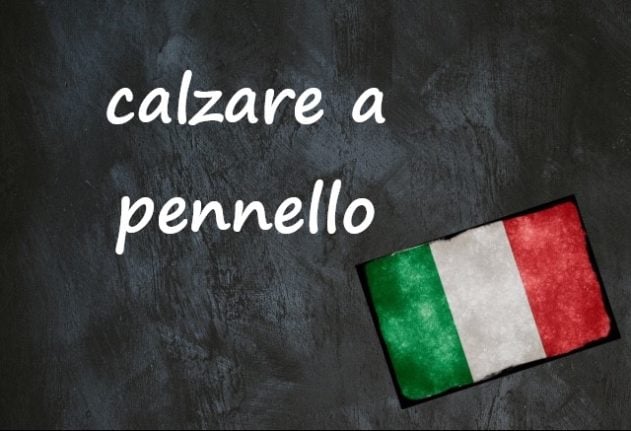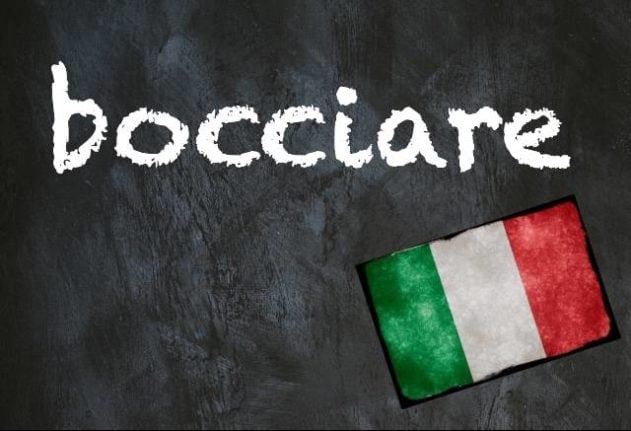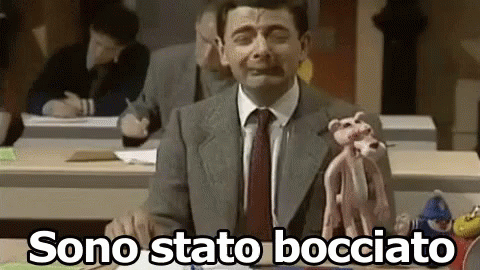Few things in life give as much satisfaction as seeing that an item of clothing you’ve had your eye on fits perfectly the moment you try it on. Such moments are even more joyful when you’ve been overindulging in Italian food and are not exactly in the best shape of your life.
While the English language does offer some expressions suited to describing such moments – ’to fit like a glove’ is probably the most commonly used one – none have the same degree of style and sophistication as the Italian ‘calzare a pennello’.
From a grammatical standpoint, today’s expression is a fairly uncomplicated one: it’s made up of ‘calzare’, an intransitive verb used to say something wraps snugly around one’s body, and ‘a pennello’, an adverbial phrase meaning ‘painted by brush’.
So, as a whole, the idiom describes clothing items that fit their wearer so well that they look as though they’ve been painted onto their body.
For example:
– Come mi stanno questi jeans?
– Ti calzano a pennello. Stai veramente bene così.
– How do these jeans look on me?
– They fit you perfectly. You look really good.
– Che bello! Questa giacca mi calza a pennello!
– How beautiful! This jacket fits me perfectly.
As you can see, the verb ‘calzare’ must be conjugated in accordance with the item doing the ‘fitting’, so to speak. So a shirt calza a pennello (third-person singular), whereas some trousers calzano a pennello (third-person plural).
The person wearing the clothing is usually referred to via objective personal pronouns (mi, ti, gli, le, ci, vi) or, much less frequently, by name preceded by ‘a’, as in:
– A Marco questo smoking sta a pennello.
– This tux fits Marco like a glove.
Though it originated as a way to describe well-fitting clothes or accessories, over time, the expression has naturally expanded its scope to other areas of life, so much so that it is now generally employed to refer to anything that suits someone particularly well. For instance:
– Il mio soprannome e’ Rossi.
– Beh, ti calza a pennello visto che sei rosso di capelli.
– My surname is Rossi.
– Well, it sure suits you given that you’re red-headed.
There are a few variations on this phrase. Some native speakers may choose to use the verbs ‘andare’ (literally, ‘to go’) or ‘stare’ (literally, ‘to stay’) instead of ‘calzare’. In such cases, the meaning of the idiom does not change.
– Queste scarpe ti stanno a pennello!
– These shoes fit you perfectly.
And it’s worth knowing that a commonly-used Italian adjective, ‘calzante’, derives from ‘calzare’. Much like the expression ‘calzare a pennello’, it can be used to describe clothes that are particularly well-fitting, or to refer to any situation or event that is especially well suited to someone.
– Il premier ha fatto un discorso calzante oggi.
– The prime minister made a fitting speech today.
Do you have an Italian word you’d like us to feature? If so, please email us with your suggestion.




 Please whitelist us to continue reading.
Please whitelist us to continue reading.
Member comments